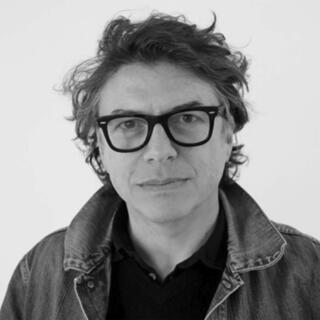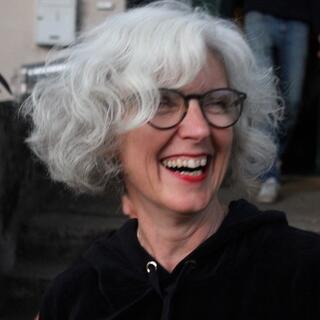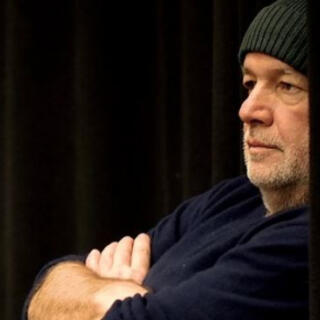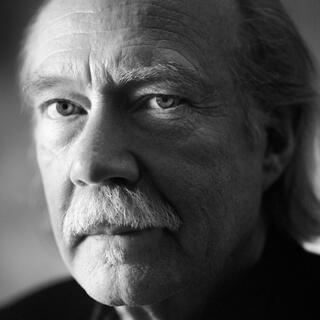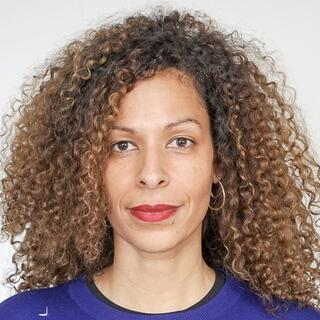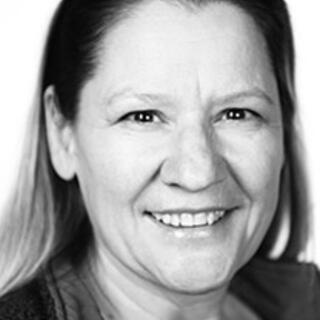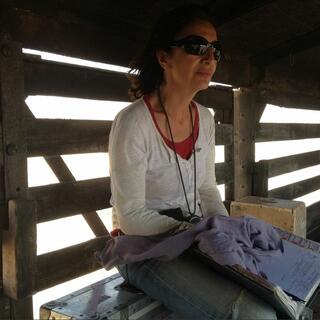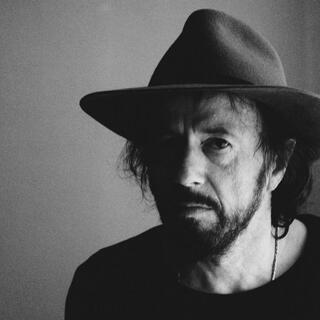Master Film
Co-creation and innovation for social change
Overview
Structure
Exchange
Exchange Programme with the School of Filmmaking at UNCSA University of North Carolina - School of the Arts
UNCSA's School of Filmmaking is one of the most prestigious film schools in the US and Canada (www.uncsa.edu/about). The MA FILM is already collaborating online with their MA Film Music Composition as part of their current final projects. This collaboration, initiated by Prof. Ciro Cappellari and Prof. Deborah Lavine, Dean of UNCSA's School of Filmmaking, will now be taken to the next level: students of MA FILM will develop their first co-creative short film project together with UNCSA students during their first semester and realize it during a 10-day residency at UNCSA in North Carolina in January 2024.
"This collaboration will embrace a broad swath of filmmaking disciplines including writers, directors, cinematographers, editors, and composers. International exchanges foster lifelong artistic collaborations that allow students to grow artistically and professionally as they work together."
Deborah LaVine, Dean School of Filmmaking UNCSA
Studying in Cologne
Studying in the Media Land North Rhine-Westphalia
Cologne, a city with a 2000 year heritage, is a buzzing media hub. A third of Germany’s TV programmes are produced in Cologne. Key TV and radio stations, numerous renowned film and TV production companies, and more than 70 print and digital publishing companies are based in the city, drawing a creative and artistic crowd. In addition, a large and still growing number of exciting international productions are made in Cologne and NRW.
The ifs is located in the creative and media quarter Schanzenstraße in Cologne-Mülheim – next door to TV production companies, studio facilities, publishing houses, a radio station and the municipal theater.
Downloads
The course list contains all events within the scope of the study programme and special events at the ifs.
The module handbook provides in-depth information on the curriculum.
The examination regulations provide a structural overview of the modules in the master's programme.
Viola Wittmann
- Phone
- +49 221 920188222
Janina Jansen
- Phone
- +49 221 920188226

